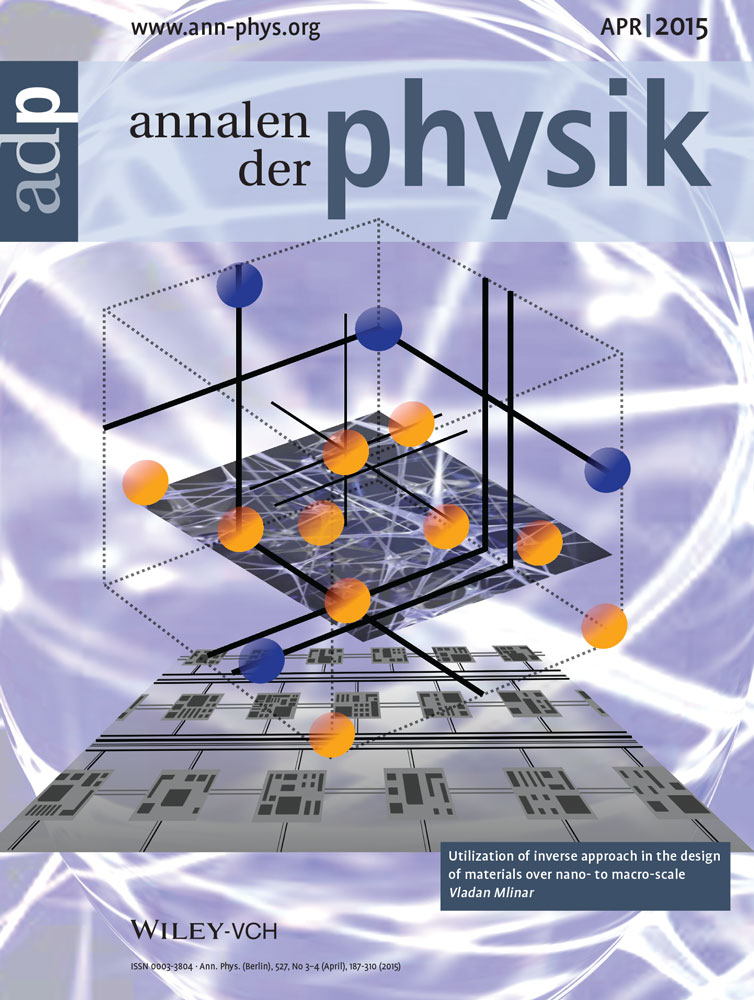Nonlocal effects in black body radiation
Abstract
Nonlocal electrodynamics is a formalism developed to include nonlocal effects in the measurement process in order to account for the impossibility of instantaneous measurement of physical fields. This theory modifies Maxwell's electrodynamics by eliminating the hypothesis of locality that assumes an accelerated observer simultaneously equivalent to a comoving inertial frame of reference. In this scenario, the transformation between an inertial and accelerated observer is generalized which affects the properties of physical fields. In particular, we analyze how an uniformly accelerated observer perceives a homogeneous and isotropic black body radiation. We show that all nonlocal effects are transient and most relevant in the first period of acceleration.





